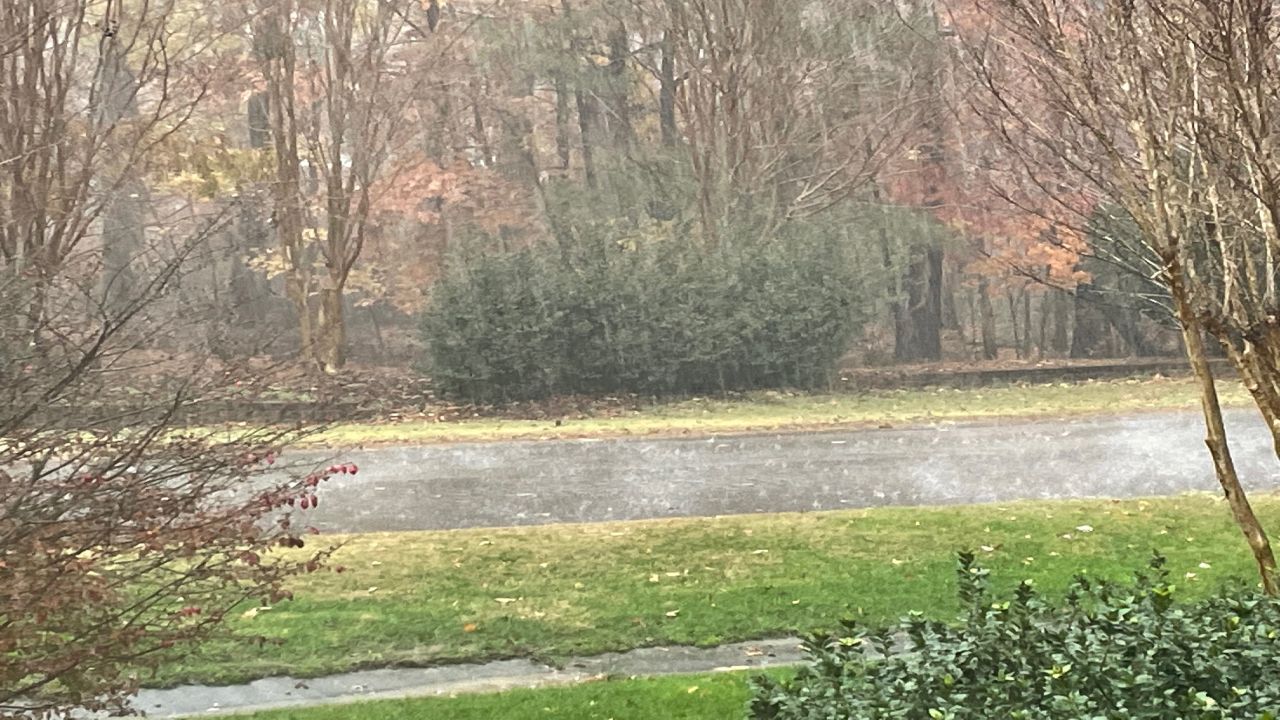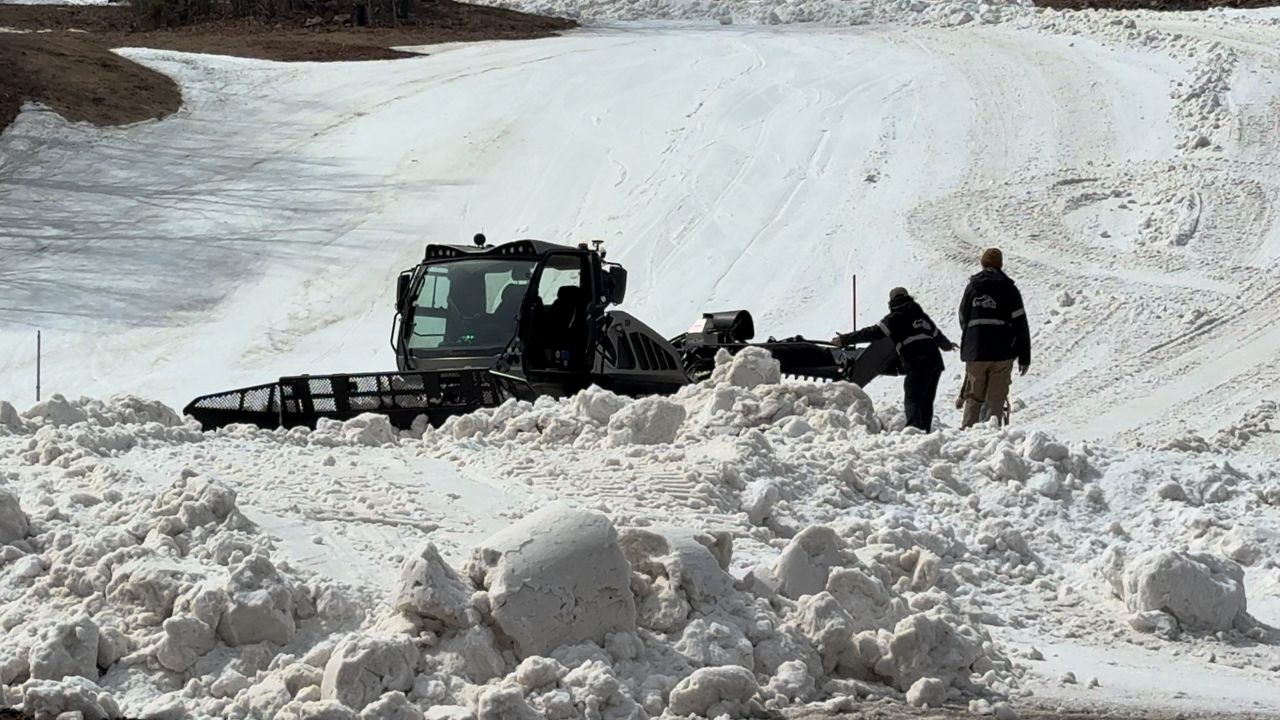WORCESTER, Mass. - Roll back the clock to this week in 2020: Worcester reported it's first case of COVID-19, schools were closed and the St. Patrick's Parade was canceled.
What You Need To Know
- This week marks three years since the city's COVID-19 response began.
- Since 2020, more than 500 people in Worcester died of the virus.
- Medical experts in Worcester say they're confident the city is approaching the end phases of the pandemic.
- They do however say it isn't over completely, and precautions should still be taken when appropriate.
Dr. Richard Ellison, hospital epidemiologist at UMass Memorial Medical Center, said a lot can change in three years.
"We're very far advanced," Ellison said. "We don't have patients in the intensive care unit, we're not terrified about running out of equipment, or having enough ventilators."
It was a much different situation three years ago, as described by then City Manager Ed Augustus during one of the city's COVID-19 briefings.
"Things are literally changing by the hour, and we're continuing to monitor those situations, guidance from the state and the federal government," Augustus said.
More than 500 people in the city have lost their lives to COVID-19. Schools were closed to in-person learning for more than a year, the DCU Center was transformed into a field hospital and people lined up by the dozens in hopes of getting tested.
After all that, Ellison said thankfully, the brunt of the pandemic should be behind us.
"We can see the end of what has been the big pandemic phase," said Ellison. "We're not at the end yet. There are still people who are walking around with COVID."
For months, Worcester's Medical Director Dr. Michael Hirsh got in front of a podium to give a coronavirus update to the city's residents. He'd look on as Mayor Joe Petty and Augustus would announce dozens, if not hundreds of deaths and new cases each week.
"It was a great partnership that I think helped a lot of the folks that were watching us feel more supported, more calm, more informed," Hirsh said.
But like Ellison said, the pandemic isn't over yet, and Hirsh still recommends masking in some cases.
"If someone is in an indoor setting, a crowded restaurant or crowded bar, going to a concert, if they are immunosuppressed, they should be thinking about continuing to wear masks," Hirsh said.
Hirsh said looking towards the future, he expects the virus to be seasonal like the common cold or flu.
"If something changes, we're not going to stay silent just because everyone wants it to be over," Hirsh said. "It really needs to be over because, at least as far as a pandemic goes, it's over."










